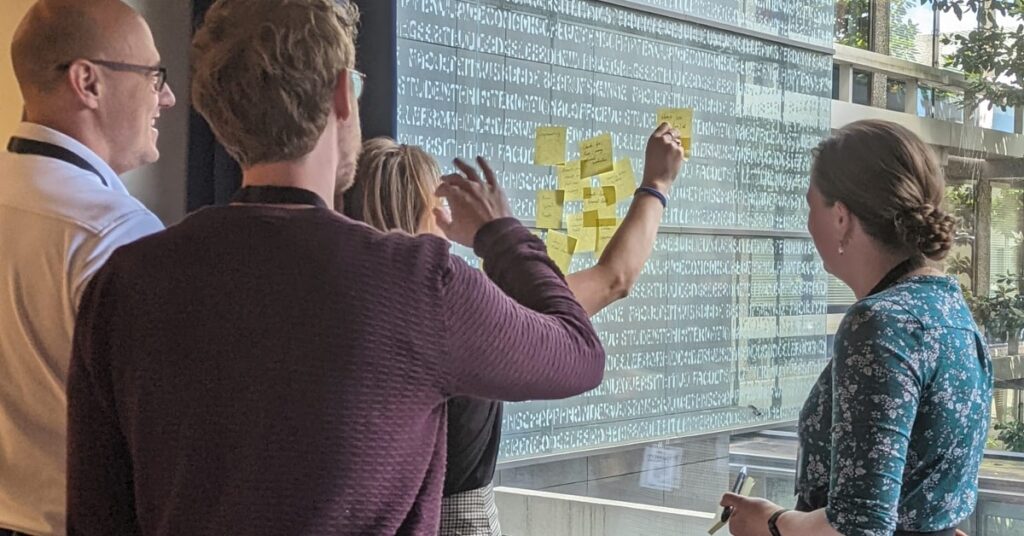Francesca Naretto
PhD Student
In April 2021, the EU Parliament published a proposal, the AI Act (AIA), for regulating the use of AI systems and services in the Union market. However, the effects of EU digital regulations usually transcend its confines. An example of what has been named the “Brussel effect” – the high impact of EU digital regulations around the world – is the General Data Protection Regulation (GDPR), which came into effect in May 2018 and rapidly became a world standard. The AIA seems to go in the same direction, having a clear extraterritorial scope, in that it applies to any AI system or service that has an impact on European Citizens, regardless of where its provider or user is located. The AIA adopts a risk-based approach that bans certain technologies, proposes strict regulations for “high risk” ones, and imposes stringent transparency criteria for others. If adopted, the AIA will undoubtedly have a significant impact in the EU and beyond. A crucial question is whether we already have the technology to comply with the proposed regulation and to what extent can the requirements of this regulation be enforceable. This workshop aims at analyzing how this new regulation will shape the AI technologies of the future. We will cover issues such as the ability of the AIA requirements to be operationalized, privacy, fairness, and explainability by design, individual rights and AIA, AI risk assessment, and much more.
The workshop will bring together legal experts, tech experts and other interested stakeholders for constructive discussions. We aim at stakeholder and geographical balance. The workshop’s main goal is to help the community understand and reason over the implications of an AI regulation, what problems does it solve, what problems does it not solve, what problems does it cause, and propose new approaches that solve the new challenges.
This workshop took place on the 13th of June 2022 at the Vrije Universitet Amsterdam, Netherlands (workshop website http://iail2022.isti.cnr.it/). The workshop was hosted by the First Conference on Hybrid Human Artificial Intelligence (HHAI, conference website https://vu.nl/en/events/2022/hybrid-human-artificial-intelligence-hhai). The workshop chairs were: Desara Dushi, Francesca Naretto, Cecilia Panigutti, Francesca Pratesi.
Keywords: regulation, AI act, AIA, ethics, trustworthiness, individual rights, fundamental rights, operationalize AI act, guideline, AI risk assessment.
Scientific area: This workshop is multidisciplinary. We aim to collect ideas regarding the AI Act, including possible problems, ideas on implementing the regulation, etc. In this way, we want to stimulate sharing and dialogue on these issues from a multidisciplinary point of view, including both socio-legal and more technical aspects such as IT. Among the topics of interest, there are ethical and legal issues of AI technology, AI and human rights, oversight and autonomy, transparent AI, privacy by design, fairness by design, AI certification and the human-in-the-loop paradigm.
